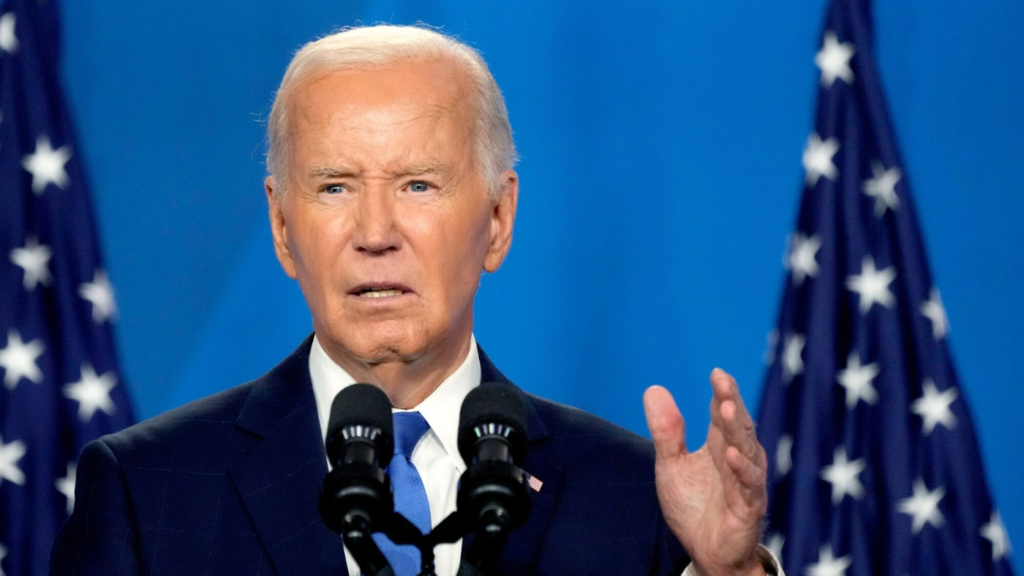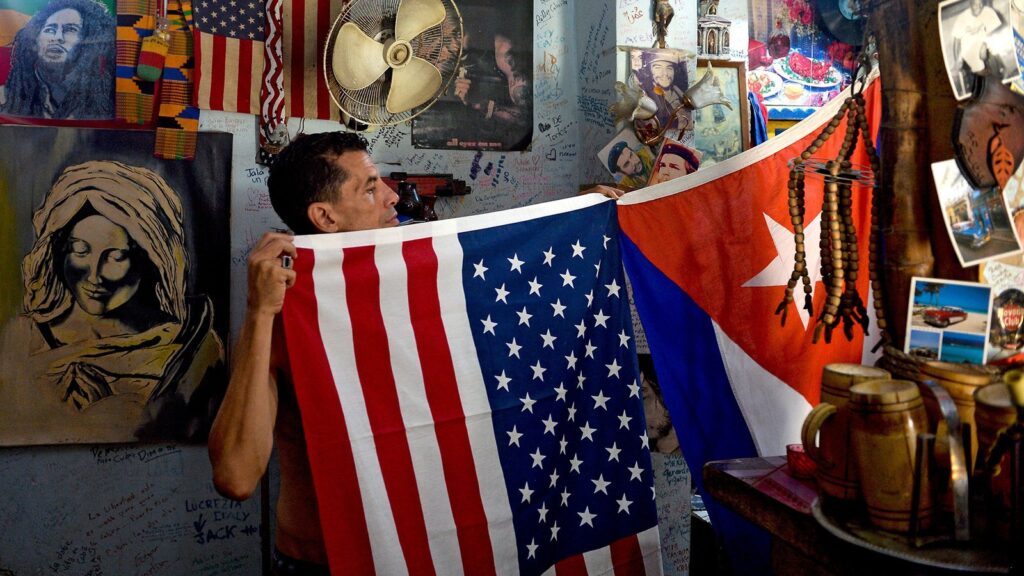In his final days in office, U.S. President Joe Biden is taking steps to ease sanctions on Cuba, aiming to secure the release of political prisoners in Havana. The moves mark a significant departure from the hardline measures imposed by his successor, President-elect Donald Trump.

The Biden administration announced plans on Tuesday to reverse several key restrictions implemented by Trump, including Cuba’s designation as a state sponsor of terrorism and limits on financial transactions involving military-linked entities. These steps are reportedly tied to ongoing talks between the Cuban government and the Catholic Church regarding the release of a “significant” number of political prisoners.
“These actions are necessary to advance the national interests of the United States and expedite a transition to democracy in Cuba,” Biden said in a letter to Congress.
Key Sanction Rollbacks
The Biden administration plans to:
– Remove Cuba from the state sponsor of terrorism list, reversing Trump’s 2021 designation that accused Havana of harboring fugitives and rebel leaders.
– Suspend property claims in U.S. courts for assets confiscated after Fidel Castro’s 1959 revolution.
– Lift restrictions on financial transactions involving certain military and government-linked individuals.

While these measures provide relief to Havana, the decades-old U.S. economic embargo on Cuba remains intact, requiring congressional action for removal.
U.S. officials said the easing of sanctions was contingent on the Cuban government’s release of political prisoners, although no specific numbers or timelines were provided. The Cuban government has not commented on the matter.
Talks with the Vatican have reportedly been instrumental in negotiating the potential amnesty. The Church played a similar role in brokering the historic restoration of U.S.-Cuba relations under President Barack Obama in 2015.
“This will facilitate important dialogue between the Catholic Church and Cuba on human rights,” said a senior U.S. official.
The move has drawn criticism from opponents of the Cuban government, including members of Trump’s incoming administration. Trump, who assumes office on January 20, has pledged a tougher stance on Cuba and nominated Senator Marco Rubio, a vocal critic of the Cuban regime, as Secretary of State.
Trump’s team did not immediately respond to requests for comment.
Economic experts and human rights advocates have reacted cautiously. Some see Biden’s actions as a step toward mitigating Cuba’s severe economic crisis, marked by food shortages, fuel scarcity, and a record exodus of over 1 million Cubans since 2020. Others worry the measures might lack the bipartisan support needed for long-term change.
Biden’s decision to reverse Trump-era sanctions reflects his broader efforts to re-engage with Cuba while addressing human rights concerns. However, with the transition of power imminent, Trump’s administration could reinstate the restrictions.
The easing of sanctions and potential prisoner releases signal a renewed attempt to balance diplomacy and accountability. Still, the ultimate success of these measures may depend on the incoming administration’s willingness to continue the dialogue.



